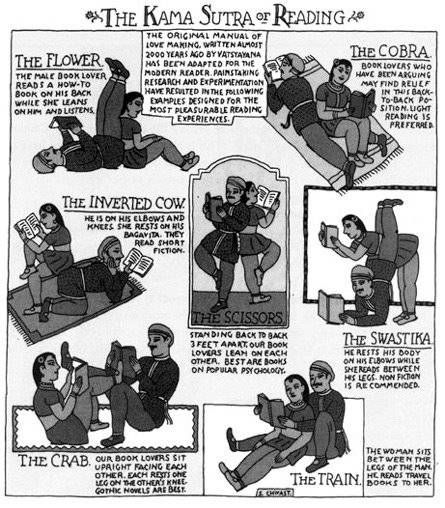What To Read Before Taking $25 Billion In TARP Funds
A few (one?) of the new interns at JP Morgan had the guts to email Jamie Dimon for a recommended reading list. And he actually emailed them back. The following is his list of recommended books “which includes a variety of business and history books.”
Business
The World is Flat
Competitive Strategy: Techniques for Analyzing Industries and Competitors
Security Analysis – Classic 1940 Edition
The Intelligent Investor
Execution – The Discipline of Getting Things Done
Jack: Straight From the Gut
Sam Walton – Made in America
Double your Profits in 6 Months or Less
Built from Scratch
Only the Paranoid Survive
Built to Last
History Bio
Founding Brothers: The Revolutionary Generation
Autobiography of Ben Franklin
Lincoln at Gettysburg: The Words that Remade America
Undaunted Courage: Meriwether Lewis, Thomas Jefferson, and the Opening of the American West
Eisenhower: Soldier and President
The Rise of Theodore Roosevelt
Washington: The Indispensable Man
Lincoln
Personal Memoirs of U.S. Grant
Jefferson
Team of Rivals: The Political Genius of Abraham Lincoln
History Other
A Short History of Nearly Everything
Guns, Germs, and Steel: The Fates of Human Societies
Complexity: The Emerging Science at the Edge of Order and Chaos
A History of Knowledge: Past, Present, and Future
The Clash of Civilization and the Remaking of World Order
The Wealth and Poverty of Nations: Why Some are so Rich and Some so Poor
Dimon also attached a copy of his Syracuse commencement speech and a copy of a fake Bill Gates speech in the email.

